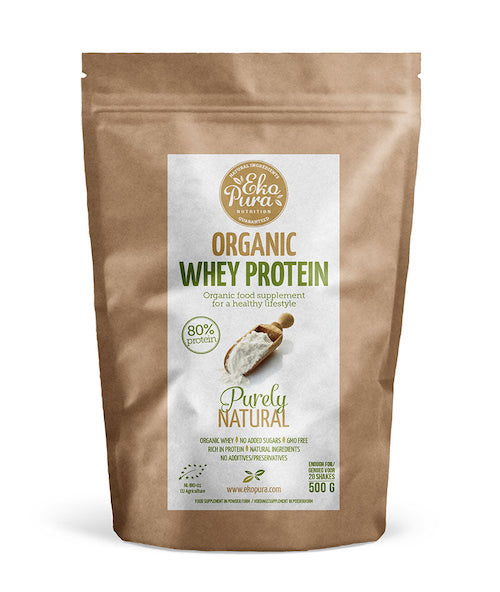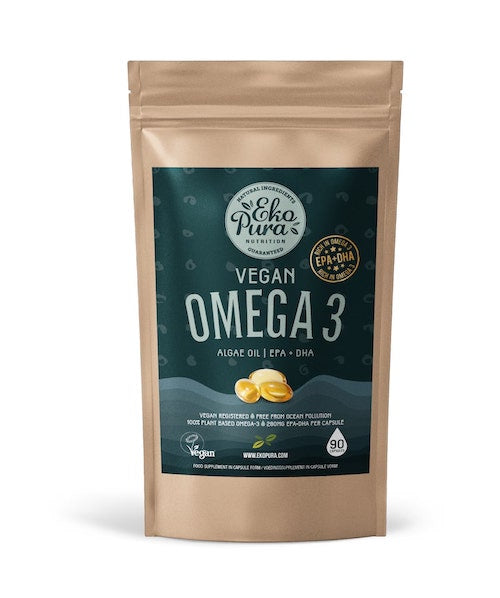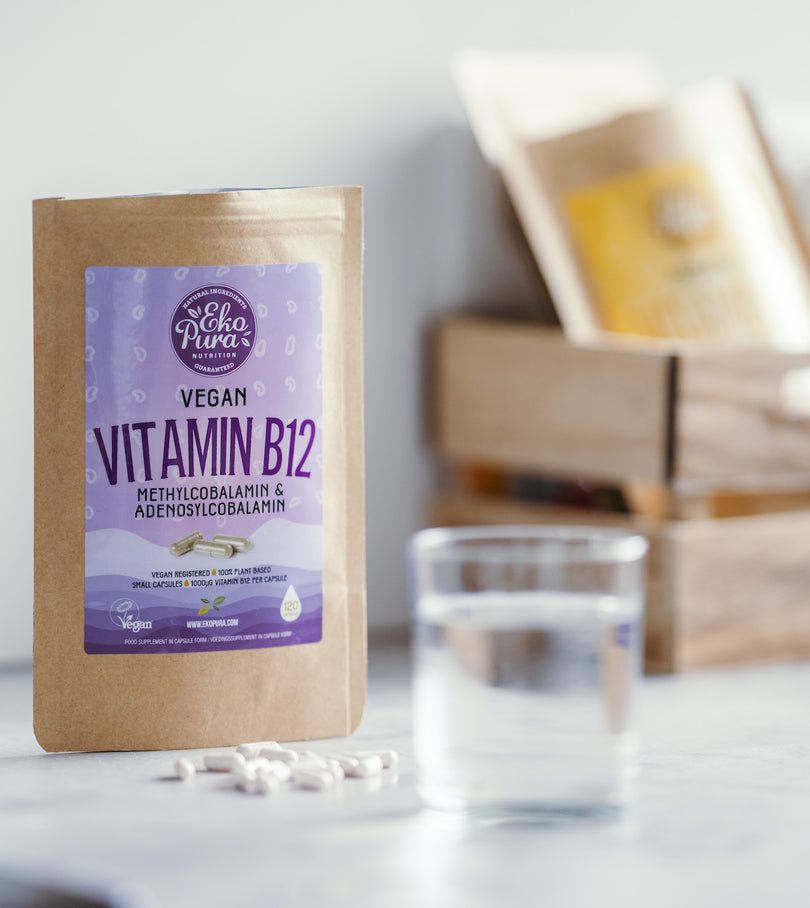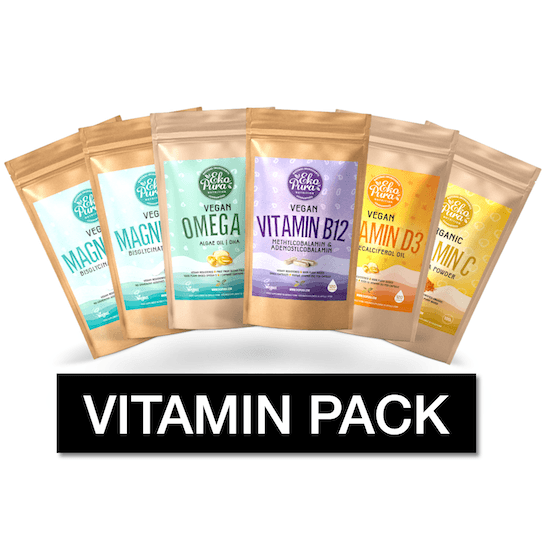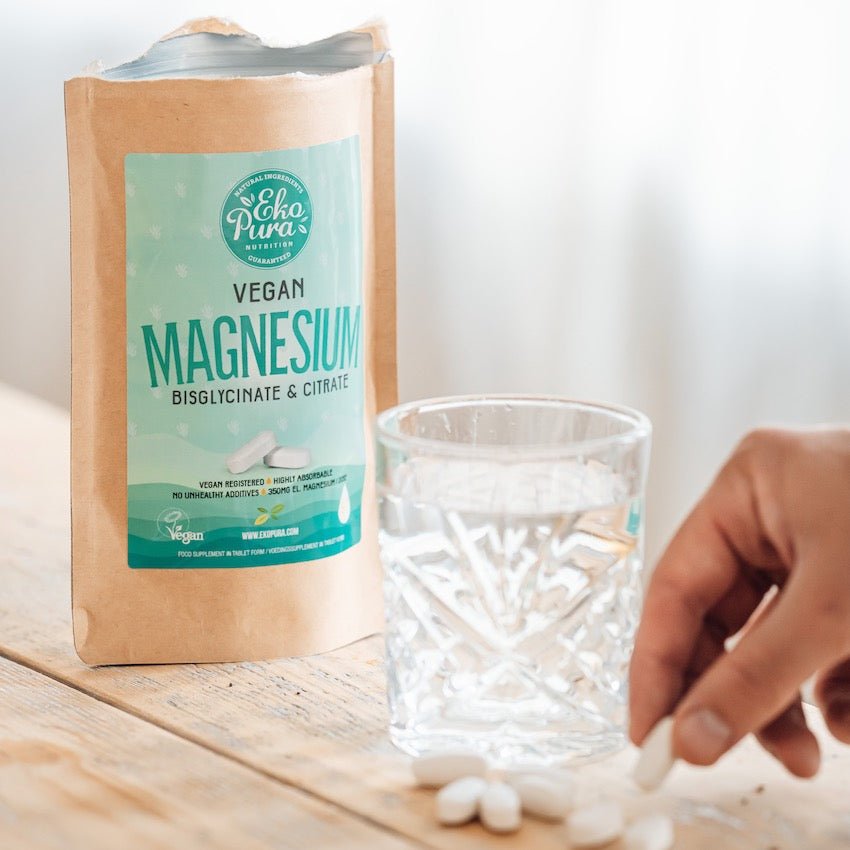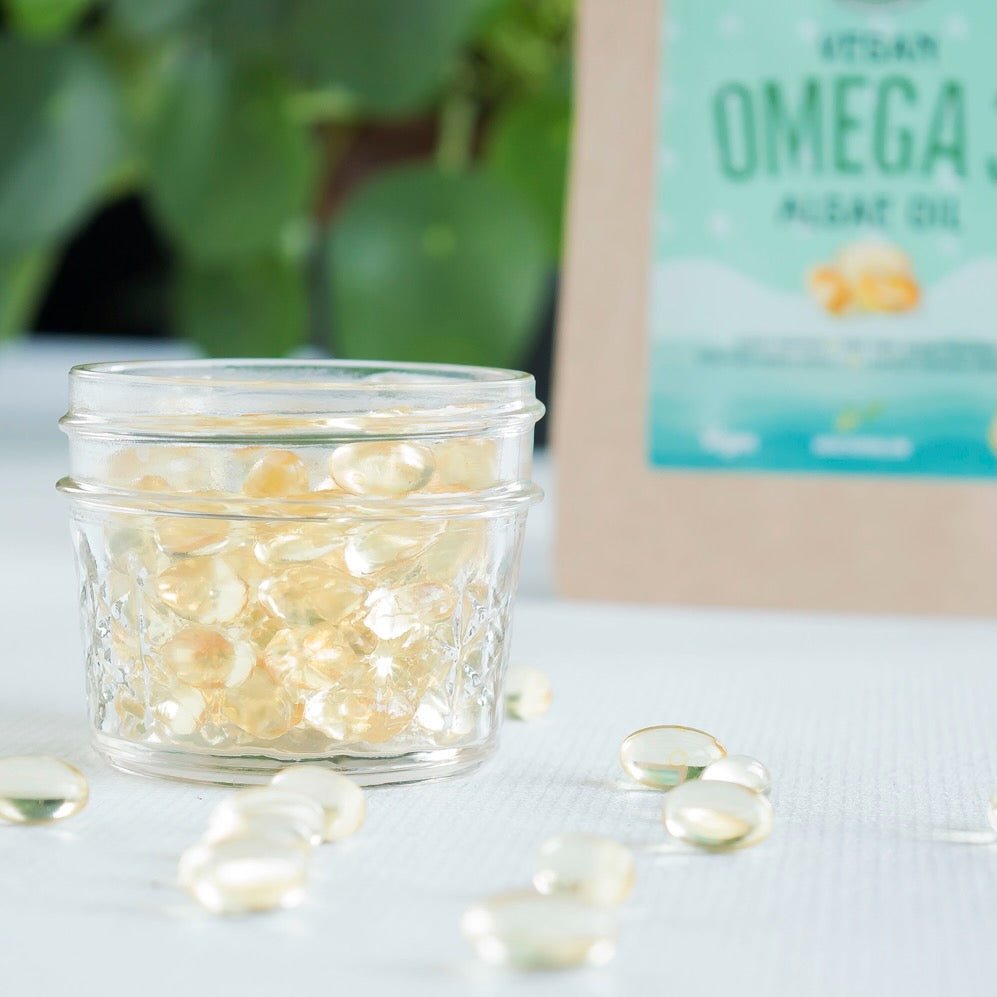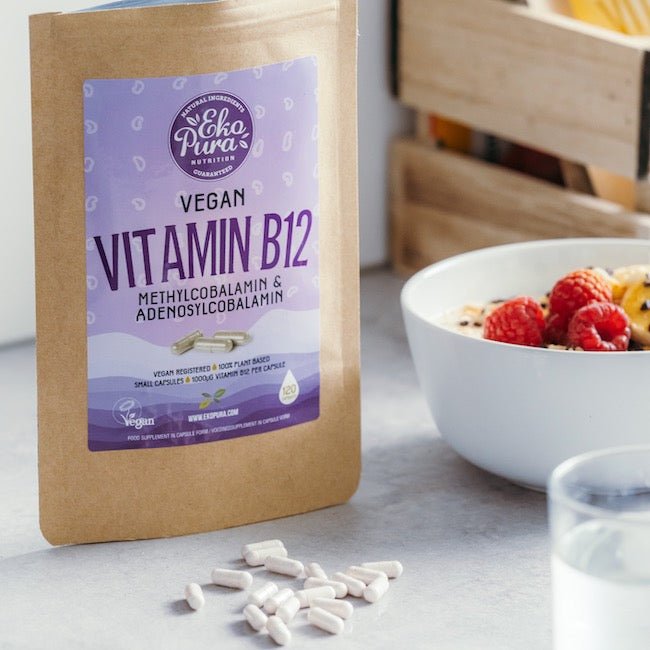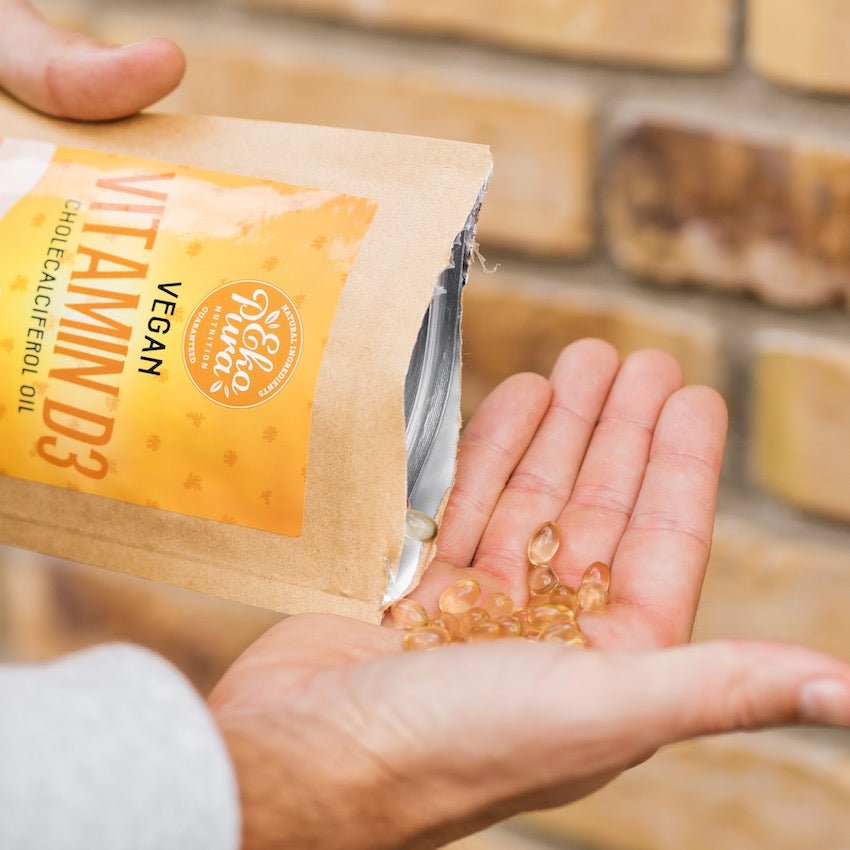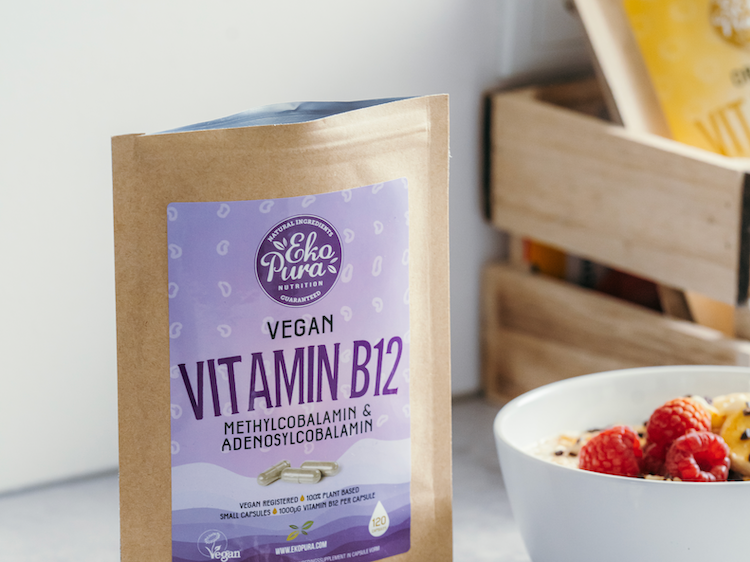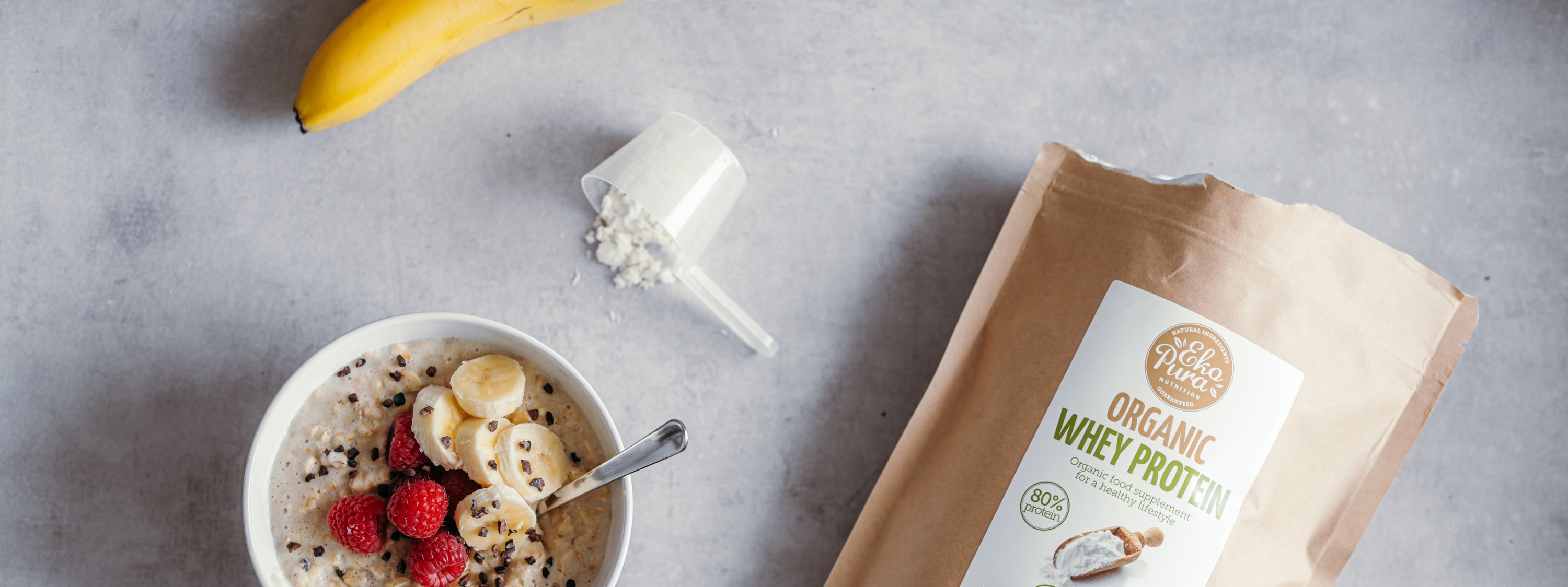Today we have more choice than ever in what we eat every day. Yet here and there we fall short when it comes to the most important nutrients in our diet. Scientific research has shown that many in the western world are deficient in, among other things, magnesium (1), vitamins B12, D3, omega 3 and iron.
What are the consequences of this and how do you recognize the symptoms of a deficiency? Read it all in this article and learn what you can do about it.
Magnesium
Magnesium is very important for the proper functioning of the human body. The mineral is involved in more than 300 processes (2). Magnesium helps build muscles and bones and relaxes muscles and nerves. It is therefore one of the most important minerals for humans. That is why it is essential to get enough magnesium. The body cannot make magnesium itself and therefore gets it from food.
Despite the fact that you strive for a healthy diet, it is possible that you run into a magnesium deficiency. Due to poor absorption from food (intestinal problems), prolonged stress or too much excretion by the body. Even if you sweat a lot, for example during exercise, you can lose a lot of magnesium. In addition, the elderly often absorb less magnesium.
You can recognize a deficiency by the following symptoms:
- Periods of hyperactivity
- Difficulty sleeping or difficulty sleeping for a long time
- Painful muscle cramps
- Bone decalcification
- Kidney stones
- Eye contractions
- High bloodpressure
- Fatigue, irritability, listless
How do you prevent a shortage?
Eat a lot of whole grains (such as oats), nuts, dark chocolate (70-85%) or green leafy vegetables. If you want to be absolutely sure that you are getting enough, take a supplement. However, make sure that you take a well-absorbable variant and that no unhealthy additives have been processed in it.
Magnesium bisglycinate and citrate are the best recordable forms. If you want to know more about this, check out the link or view it Vitamin Package.
Vitamin B12
Vitamin B12 is a special vitamin. It is essential for the production of red blood cells, proper functioning of the nervous system, repair of body cells and brain function. Vitamin B12 is part of the vitamin B complex. Vitamin B12 is special because we can mainly get it from animal foods.
Vegetarians and vegans are therefore at high risk of a deficiency (3, 4). The elderly are also at risk because the intake decreases as we get older (5, 6).
A deficiency of vitamin B12 can be recognized by the following symptoms, among other things.
- Chronic fatigue, feeling of weakness
- Light-headedness, dizziness
- Shortness of breath, rapid breathing, especially with exertion
- Muscle weakness on exertion, muscle tremors
- Increased heartrate
- Pale skin and lips
- Ringing in the ears, headache, nerve pain
- Cold hands and feet, tingling in the fingers
- Yellow discoloration of the skin and whites of the eyes
- Unexplained prolonged fever
- Impaired sense of smell, sight and hearing
- Nausea or lack of appetite
In addition, a B12 deficiency can also cause mental reactions such as:
- Mood swings, or personality change
- Thinking, Concentration, Memory Problems
- Depression, irritability, anxiety, paranoia
How do you prevent a shortage?
Vitamin B12 is mainly found in meat and shellfish such as mussels. However, the question is whether you absorb enough vitamin B12 in this way and if you do not eat it at all, it is best to take a supplement. Make sure that you take a well-absorbable variant without unhealthy additives such as artificial flavors and colorings.
Methyl and Adenosylcobalamin are the best recordable forms. If you want to know more about this, check out the link or view it Vitamin Package at the bottom of.
Vitamin D3
Vitamin D3 can be produced by the body itself under the influence of sunlight. And that is exactly what we in the western world lack during the winter months. It is therefore not surprising that many people become deficient in vitamin D3 during the winter. Vitamin D3 is important for the absorption of calcium and phosphorus. It is important for strong bones and teeth, the functioning and recovery of the muscles and the proper functioning of the immune system (7).
Elderly (8) and people with dark skin are at an increased risk of a Vitamin D3 deficiency. In the winter months, everyone would do well to get some extra vitamin D3.
If you think you are deficient in vitamin D3, take a look at the following symptoms.
- Fatigue, lack of energy
- Weak Bones
- Bleeding gums
- Pain, tremors or cramps in muscles and joints
- listlessness
How do you prevent a shortage?
Through food containing vitamin D3, fatty fish (salmon, mackerel, sardines, trout) or egg yolks (9).
In addition, a good solution is to Vitamin D3 to supplement. Make sure that you take the best absorbable form of cholecalciferol and that there are no unhealthy additives in the product. In addition, go for a sustainable and plant-based alternative. Click on the link for an example or view it Vitamin Package.
Omega 3
Omega 3 is a combination of polyunsaturated fatty acids that are important for the overall health of your body. Omega 3 DHA and EPA is important for the proper functioning of the eyes, brain (10, 11) and the heart (12). The benefits are achieved with a minimum intake of 250mg Omega 3 DHA and EPA per day. In addition, 200mg extra Omega-3 DHA in addition to the aforementioned amount, important for the development of a baby's eyes and brain during pregnancy and breastfeeding (13).
People who eat little or no fish are at increased risk of a lack of omega 3. People who ingest a lot of sunflower oil, a widely used ingredient in the Western world, are also at risk.
The following symptoms can occur with a deficiency:
- less sharp vision
- Forgetfulness
- mood swings
- Acne or dry skin
- flabby muscles
- Concentration problems
- Thirst, frequent urination
- Inflammation
How do you prevent a shortage?
You can eat fatty fish such as herring or salmon. If you can't or don't want to eat fish, the best alternative is to take an Omega 3 supplement. With omega 3 supplements you have the choice of fish oil or the much more sustainable algae oil.
It is important to know that about 25% of the worldwide fish catch goes to the omega 3 industry and contributes significantly to the overfishing and pollution of the oceans. Fish get their high omega 3 values from the algae they eat. So why don't we get our omega 3 directly from the source?
If you look at it that way, the only correct alternative is omega 3 algae oil. Check it out here Vitamin Package.
Iron
Iron is an essential mineral that the body needs. It is a main component of red blood cells, it carries oxygen to the body cells. You can generally find two types of iron in food, heme iron, which is mainly found in red meat, and non-heme iron, which is found in both animal and plant foods.
Especially young women, children and vegetarians/vegans (14, 15) are at increased risk of iron deficiency. It is one of the most common defects in the world (16).
An iron deficiency is characterized by the following symptoms:
- Anemia
- Fatigue
- Feeling of weakness
- Weakened immune system
- Disturbed brain function
How do you prevent a shortage?
Meat, shellfish or sardines contain iron, but also broccoli, beans and seeds.
You have to be careful with supplementing iron because too much iron is very harmful. The best you can do Vitamin C Vitamin C stimulates the absorption of iron from food and is also good for the resistance.
Make sure that you take a natural variant without artificial additives. View us here Vitamin Package.
Vitamin Package
Do you want to be sure that you get enough of the above nutrients in a natural and sustainable way? Then check it out Ekopura Vitamin Pack below. We only use sustainable ingredients, without unhealthy additives and locally produced.
The package contains 3 months of stock.

